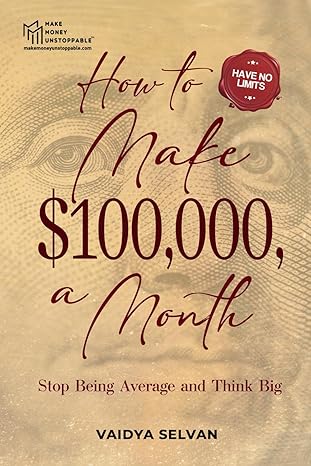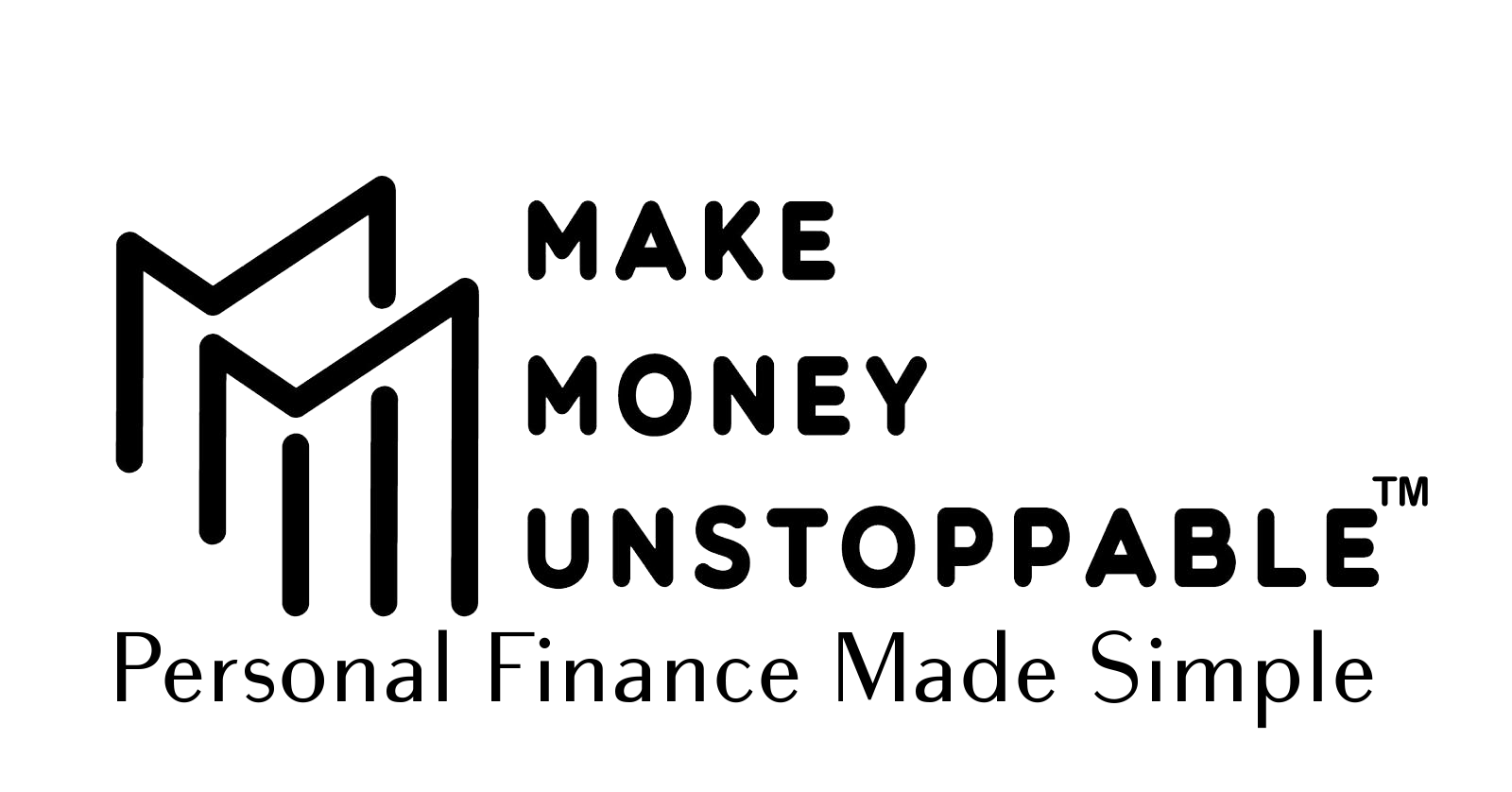
Master the Art of Frugal Living
Here you will find my comprehensive blog on frugal living with proven strategies to earn more, save more, and spend less, helping you take control of your finances and build the life you want. Who wouldn’t want that?
Last Updated: April 7, 2025

Disclaimer:I am not a licensed financial advisor, financial planner, tax professional, or attorney. The information provided in this blog is for general informational and educational purposes only and should not be construed as professional advice. Always consult with a qualified expert before making financial, legal, or tax-related decisions.
Introduction: Frugality as a Path to Independence
In a world filled with endless ways to spend, frugality stands out as a powerful and often underestimated skill. To live frugally is not to live without, but to live within your means, while making intentional choices that align with your life values. This kind of lifestyle may allow you to gain financial control, reduce stress, and open up possibilities for the future.
Pairing cost-saving habits with creative ways to earn more can give you the best of both worlds: greater security now and having more options for later. Whether you’re aiming for debt-free living, building a safety net, or funding a dream, these frugal living tips can help you get there.
Your Mindset Is the Foundation of Sustainable Frugality
Long-term frugal living doesn’t start with a budget but with the way you think about money. A solid frugal mindset helps lay the groundwork for every spending decision, allowing you to save money fast, avoid debt, and work toward true financial freedom.
Value Over Price: Prioritizing Quality in Frugal Living
A frugal mindset goes even further than the lowest number on a price tag. The goal is to seek the best value for money. It is to invest in products and services that deliver long-term benefits, durability, and satisfaction.

What’s in it for you?
- Consider your cost per use instead of calculating the upfront cost. A much higher-quality jacket that lasts ten years is often cheaper in the long run than buying three low-cost versions of it that wear out quickly. Choose quality and durability over price. Thus, the cost per use may be down to $0 over its long-term use.
- Investing in quality can help reduce waste, save time on replacements, and lower hidden expenses. This is the cornerstone of minimalist budgeting and simple living.
Unlock your financial freedom.
Download this FREE eBook!.
How to make $100,000/month? Stop being average and think big.

Stop Settling. Start Scaling.
Unlock the mindset, systems, and strategies top earners use to build unstoppable income.
Think Bigger. Earn Smarter.
This free eBook serves as your blueprint for scaling quickly, earning relentlessly, not settling for mediocrity, and living life on your terms.
Inside, you’ll discover:
- The Millionaire Mindset Blueprint
- Income streams that run on autopilot
- Entrepreneur hacks for focus and financial dominance
- One strategy to launch multiple income streams
- How to break free from “just enough”
- Tools to crush limiting beliefs and build your empire
Average doesn’t scale. Vision does. Download now and start your $100K/month transformation.
Yes, this eBook is free. Just drop in your email here to get instant access. ONE eBook per email.
The eBook is sent automatically and should arrive within minutes. Depending on your email provider, it may appear in your Spam or Promotions folder. While we don’t control its exact placement, you can be confident it has been dispatched and is waiting for you.
PLUS: Get Access to exclusive financial tips, learn everything about money and get early blog updates – delivered directly to your inbox .
Intentional Delay: The Power of Waiting to Save Money Fast
Impulse spending is one of the biggest barriers to debt-free living. By adding a pause before certain purchases, whether it is 24 hours for smaller items or 30 days for big-ticket items, you are giving yourself time to evaluate whether it’s a want or a need.
- This waiting period helps reduce emotion-based spending and helps align with your money.
- This delay may help you compare prices, look for cheaper alternatives, or even ask yourself how this purchase is going to add value to your life.
Purpose Driven Finances: Aligning Money with Life Goals
Money is just a tool. The real focus is the life it helps you create. In purpose-driven frugal living, every spending, saving, and earning decision ties back to your bigger vision.
- For some, it may be to fund an emergency fund, while for others, it may be to have the flexibility to work fewer hours and travel more.
- When you see money as a means to achieve freedom from debt or to spend more time with loved ones, cutting unnecessary expenses may become empowering rather than restrictive.
Why Mindset Matters in Long-Term Frugal Success
Without the right mindset, frugal habits may feel like short-term sacrifices, and thus, they rarely stick. With the right mindset, they become part of your identity, making money, saving it, avoiding debt, and living simply may feel natural and rewarding.
1. Building a Budget That Works for You
Creating an effective personal budget plan is one of the most powerful frugal living tips you can implement. A budget isn’t meant to restrict you. It’s a flexible, living tool that helps adapt to your income, goals, and lifestyle. With the right structure, you can save money fast, avoid unnecessary debt, and build long-term financial freedom.
Zero-Based Budgeting for Maximum Control
A zero-based budget means every dollar you earn is assigned a purpose before the month begins. That purpose could be an emergency fund, savings, investing for retirement, paying off debt, or covering living expenses.
- This method ensures intentional spending habits, leaving no “leftover” money to disappear on impulse buys.
- Allocate a small “fun money” category to avoid budget burnout.
Percentage-Based Budget Systems
Another popular method is percentage-based budgeting. This is often broken into the 50/30/20 budget rule:
- 50% Needs may go to rent or mortgage, utilities, groceries, and transportation.
- 30% Wants may be used for dining out, hobbies, and entertainment.
- 20% Savings or Debt Repayment may be set aside for building an emergency fund, paying down high-interest loans, or investing.

Adjust these percentages to fit your lifestyle and priorities. This approach may help provide a visual snapshot of your budget and help make it easier to identify overspending.
Track and Review for Ongoing Success
A budget can only work if you can track your progress.
- Weekly expense tracking can help spot problem areas before they spiral out of control.
- Using spreadsheets or a budgeting notebook can help to keep things clear and organized.
- Reviewing your budget monthly allows you to adapt to life changes.
Why This Matters
A well-crafted budget doesn’t just help you spend less but may help you spend better. By planning where each dollar goes, you can accelerate debt payoff, grow your savings faster, and stay aligned with your financial independence number.
2. Expanding Your Income: The “Earn More” Side of Frugality
Increasing your income streams is a powerful way to accelerate financial independence and create more flexibility in your budget. By exploring smart, strategic ways to earn extra money, you can hit savings goals faster, pay off debt early, and invest in your future, without sacrificing your current quality of life.

Skill Monetization: Turn Talents into Income
Identify your unique strengths and transform them into paid opportunities.
- You may offer freelance services online and in areas you are good at.
- Promoting yourself through your website to attract high-value clients.
Teaching and Coaching: Sharing Your Knowledge
If you’re an expert on a subject, have hobbies, or have a unique skill that is in demand, you can start teaching online courses and offer private one-on-one coaching sessions.
Selling Creations: From Handmade to Home Grown
Turn your creativity into cash by selling handmade products, home‑grown produce, or original works of art. You may need to highlight your brand story to stand out in the competitive craft business market.
Seasonal and Temporary Work: Short-Term Boosts
You may pursue seasonal jobs during peak hiring periods, such as during holidays or the Summer. These may be great for some quick cash infusions without long-term commitment.
Renting and Sharing Assets: Monetizing What You Own
Your unused tools, equipment, or space can become a steady passive income stream. Renting unused storage space, parking spots, specialty tools, and others.
Avoiding Lifestyle Creep
The biggest trap of earning more is lifestyle inflation. You may need to plan to channel those funds into: Emergency funds, High-interest debt repayment, or Long-term investments. As your income grows, you will need to learn to stay grounded. If not, money tends to vaporize into thin air.
3. Smarter Grocery Strategies: Cutting Food Costs Without Sacrificing Health
Food is one of the most flexible budget categories to adjust when you’re looking to save money fast without compromising nutrition or taste. By shopping with intention and cooking strategically, you can slash your grocery bill, reduce waste, and still enjoy fresh, delicious meals that support a healthy lifestyle.
Planning Weekly Menus: The Foundation of Frugal Grocery Shopping
One of the simplest yet most effective money-saving grocery tips is to plan your meals before you shop.
- Create a Weekly Menu Plan that balances affordable staples with seasonal produce.
- Have a grocery list made based on your menu and stick to it to avoid impulse purchases.
- Use budget-friendly meal planning to ensure you’re buying only what you’ll use and need, which can help cut food waste.
- Shopping once every two weeks can cut the cost of impulse buys and grocery costs.
- Using the basket instead of the shopping cart may force you to buy small quantities and hence can help cut down on consumption and expenses.
- Picking a smaller shopping cart than a larger one may also do the trick.
Buying in Bulk: Long-Term Savings on Non-Perishables
Stocking up on non-perishable staples may be a cornerstone of frugal living.
- Certain items may be cheaper in bulk and can be stored well for months.
- Buying in bulk may reduce the cost per serving and may save frequent trips to the store, which may also minimize temptation to overspend.
- But it may also have the potential to create waste, food spoilage, and overconsumption.

Cooking in Batches: Time and Money Efficiency
Batch cooking may be considered a budget lifestyle secret that can cut both grocery and energy costs.
- Preparing double or triple portions of recipes, then portion some and freeze extras for quick, low-cost meals later in the week.
- This may help reduce reliance on expensive last-minute takeout.
- Great for meal prep on a budget and for busy schedules.
Seasonal Produce: Fresh, Affordable, and Delicious
Buying seasonal fruits and vegetables is a simple way to enjoy fresher, tastier, and healthier food while spending less.
- Seasonal produce may often be locally sourced, which helps reduce transport costs and may help keep prices lower. This may also help support our farmers. No farmers. No food.
- Incorporating seasonal recipes can help add variety and keep menus interesting.
Using Leftovers Creatively: Zero Waste, Low-Cost Meals
Creative leftover recipes are key to avoiding waste and maximizing value from your groceries.
- Transform leftover meat or veggies into soups, stir‑fries, salads, casseroles, or wraps.
- Freeze small portions for quick, low-cost lunches.
- This may help reduce food waste as well.
Frugal Living Insight: By combining these strategies: menu planning, buying in bulk, batch cooking, seasonal shopping, and being creative with leftovers, you can significantly reduce your grocery bills, live more sustainably, and still enjoy varied, healthy meals.

4. Reducing Housing Cost: Maximizing Savings on Your Largest Expense
Housing often takes up the biggest chunk of any monthly household budget, making it one of the most impactful areas for frugal living strategies. Even modest changes can free up significant funds to save money fast or put toward debt repayment and long-term financial goals. The key is to optimize your space and spending so you’re paying only for what you truly use, need, and value.
- Right‑Size Your Space: Downsizing to a smaller home or apartment has the potential to instantly lower your rent or mortgage payments, utility bills, and maintenance costs.
- Shared Living Arrangements: You may consider splitting rent, utilities, and chores with a roommate or family member. This approach may help maximize your cost-sharing potential while fostering a cooperative living environment.
- Energy‑Efficient Upgrades: Adding insulation, installing efficient lighting, and sealing drafts may help reduce heating and cooling expenses year-round.
- Negotiating Agreements: Approach lease renewals or mortgage refinancing proactively, using market research to secure better terms and keep housing costs manageable.
Frugal Living Tip: Turning Housing into a Financial Asset
Lowering your housing expenses isn’t only about spending less, but it can also help create room to increase your savings and invest in your future. By making informed, intentional housing choices, you can help transform this major expense from a financial burden into a source of opportunity.
- Downsizing helps free resources for emergency fund growth, travel, or planning for financial independence.
- Energy efficiency can help reduce recurring costs, making funds available for debt-free living goals.
- Negotiating and optimizing housing costs may help support a more sustainable cost of living while building long-term stability.
5. Saving On Transportation Costs: Smart Travels for a Frugal Lifestyle
Reducing your transportation expenses may be one of the fastest ways to lower your monthly cost of living without sacrificing mobility or convenience. By embracing eco-friendly travel alternatives such as walking, biking, or using public transit, you may be able to significantly cut fuel costs, reduce vehicle wear and tear, and support a more sustainable lifestyle. Strategic trip‑planning may also help.
Combining errands into a single outing means fewer miles driven, which can save on gas and time. These simple, intentional choices can keep you moving efficiently while protecting your wallet.
- Using Alternatives When Possible: Walking or cycling can add health benefits while lowering your carbon footprint and dependence on expensive fuel.
- Combining Trips: Organize your shopping, dentist appointments, and social visits all into one trip. This may help you maximize fuel efficiency, maximize time, and reduce stress on the vehicle.

Maximize Vehicle Value with Preventive Care and Shared Travel
Maintaining your vehicle proactively is the key to avoiding costly breakdowns and extending its life. Regular oil changes, tire rotations, and scheduled inspections may help keep your repair bills in check while improving fuel economy.
Additionally, carpooling or ride‑sharing with neighbors, colleagues, or local community groups may not only cut travel costs but also foster social connections and help reduce traffic congestion. By integrating these frugal travel habits, you can make every trip more cost-effective and environmentally responsible.
- Vehicle Care: Consistent maintenance safeguards performance and avoids high-ticket repairs.
- Share Rides: Split expenses, lower emissions, and enjoy a more sociable commute.
6. Minimalism and Frugality: Streamlining Your Life, Boost Your Savings
Minimalism is more than just a design aesthetic; it’s a practical, budget-friendly way of life that reduces clutter, cuts costs, and may help channel your resources toward what truly matters. By decluttering regularly, you may gain a clearer understanding of what you own, help prevent duplicate purchases, and free up valuable living space.
Embracing the “One In, One Out” rule helps keep possessions in balance, making it easier to maintain an organized, intentional home without overspending.
Children thrive on novelty, but that doesn’t mean you need to spend constantly and needlessly. Try cost-free parenting hacks like:
- Organizing toy and book swaps with other families to refresh playtime without spending
- Hosting DIY craft days using household items to spark creativity
- Creating a rotating playgroup schedule to share childcare and social time
These strategies can help encourage minimalist parenting, reduce clutter, and foster a sense of community among families.

Frugal Minimalism for Financial Freedom
The core principles of minimalist living align seamlessly with smart money management, promoting the habit of borrowing before buying items that are only used occasionally. This mindful approach may help minimize waste, prevent unnecessary expenses, and ensure that your time, money, and energy are directed toward experiences, investments, and priorities that genuinely enrich your life.
7. Smart Budgeting Tips: How to Manage Recurring Expenses and Save Money
Recurring expenses such as streaming services, app subscriptions, and memberships can quietly drain your wallet if left unchecked. Here’s how to take control and cut monthly costs without sacrificing convenience:

1. Perform a Quarterly Subscription Audit
Take time every three months to review your bank statements and digital receipts. You may choose to cancel unused subscriptions and identify services that no longer add value to you. This simple habit may be one of the most effective money-saving strategies for modern households.
2. Rotate Entertainment Platforms
Instead of paying for multiple streaming services at once, you may choose to rotate them monthly based on your viewing preferences. This subscription management tactic may help keep your entertainment fresh while slashing unnecessary expenses.
3. Negotiate Lower Rates
Many service providers may offer loyalty discounts or promotional pricing if you ask. Whether it’s your internet bill, gym membership, or software subscription, negotiating can lead to significant savings over time. What’s the worst that can happen? They may say no. In reality, every company competes with the other. So, at some point, someone will have to say- yes to you. But first, you will need to ask. If you do not, you may not get answers.
8. Traveling Frugally and Fully: Budget Travel Hacks for Affordable Adventures
Dreaming of a getaway without draining your wallet? With the right strategies, you can enjoy meaningful travel experiences while keeping costs low. These cheap travel tips can help you explore more for less:
1. Embracing Off-Peak Travel
Plan your trips during off-peak seasons or weekdays when the demand drops. Flights, hotels, and attractions may often offer lower rates, making off-peak adventures a smart way to save money while traveling and seeing places.

2. Booking Extended Stays
Many accommodations may offer discounted nightly rates for longer bookings. Whether you’re staying alone or in groups, these extended stays may help stretch your travel budget further and may help you save.
3. Choosing Self-Catering Options
Skip pricey restaurants by preparing some meals yourself; it is feasible. Booking a place with a kitchen or packing simple snacks can help cut food costs and give you more control over your travel spending.
4. Exploring Local Destinations
You don’t need to fly across the globe for a memorable experience. Weekend road trips, nearby nature trails, and hidden gems that are close to home can be just as enriching and far more affordable.
9. DIY and Repurposing: Frugal Living Tips to Save Money at Home

1. Mastering Basic Home Repairs
You’ve made it to the final day of your 7-Day Money Reset Plan-and chances are, your mindset around money has already started to shift. But this isn’t the end. It’s the beginning of a new, more intentional financial chapter and a NEW YOU.
2. Repurposing Household Items Creatively
Before tossing things out, ask yourself: “Can this be reused?” “How can I repurpose and use this?” Jars can become storage containers, old t-shirts may be transformed into reusable cleaning cloths, and worn-out furniture can be upcycled into something fresh and functional for daily use. Repurposing household items is a smart way to reduce clutter, keep your mind engaged, and reduce expenses.
3. Growing Your Own Herbs and Veggies
Even if you don’t have a garden, a few pots of basil, mint, or cherry tomatoes on your windowsill can help cut grocery costs and elevate your meals. Urban gardening is one of the most rewarding frugal living strategies for food lovers. You may start with one pot and end up owning a nursery.
10. Deepening Your Financial Knowledge: Smart Money Moves That May Pay Off
“Financial education pays the best interest,” And it’s never too late to start building your money mastery.
Understanding Compound Interest: Unlocking the Power of Financial Growth
Compound interest is a foundational concept in personal finance that can dramatically influence both savings and debt. By allowing your earnings to generate additional earnings over time, compound interest may help:
- Accelerate the growth of long-term savings
- Reduce the total cost of borrowing when managing debt
- Improve financial planning for future goals
Mastering this principle is essential for building wealth and making informed decisions about borrowing and saving.
Learning the Investment Fundamentals: Building Wealth with Consistency
You don’t need a large sum to start investing, just a clear strategy and consistent contributions. Understanding the basics of investing may help you:
- Diversify your financial portfolio across different asset types
- Reduce risk through long-term, steady contributions
- Create passive income streams to help support financial independence

Whether you’re aiming for short-term gains or long-term growth, knowing how to balance risk and reward is key to successful investing.
Exploring Financial Tools & Options: Strengthening Your Financial Foundation
A strong financial strategy may include more than just saving. It may involve choosing the right tools to support your goals. By exploring various options, you can:
- Identify low-risk strategies that may help preserve capital while offering modest returns
- Develop a reliable emergency fund to handle unexpected expenses
- Plan for retirement with tax-efficient savings methods and long-term growth strategies
- Track your progress with budgeting techniques and goal-setting frameworks
Understanding these tools may help empower you to make confident decisions and build a secure financial future.
11. Frugality with Family: Creative Ways to Save Money and Strengthen Bonds
Living frugally doesn’t mean sacrificing joy. It means making intentional choices that benefit your family’s finances and well-being. With a little creativity, families can thrive while spending less and connecting more.
Utilizing Free Local Resources for Family Fun
You may take advantage of free community resources that offer entertainment, education, and enrichment without the price tag:

- Visit local parks and nature trails for outdoor adventures and physical activity
- Explore public libraries for free books, educational programs, and family-friendly events
- Attend community festivals, carnivals, fairs, farmers’ markets, and cultural events to enjoy local experiences on a budget
These activities may help promote low-cost family bonding while supporting community engagement and child development.
Sharing Children's Activities to Keep Things Fresh
Children thrive on novelty, but that doesn’t mean you need to spend constantly and needlessly. Try cost-free parenting hacks like:
- Organizing toy and book swaps with other families to refresh playtime without spending
- Hosting DIY craft days using household items to spark creativity
- Creating a rotating playgroup schedule to share childcare and social time
These strategies can help encourage minimalist parenting, reduce clutter, and foster a sense of community among families.
Meal Prepping Together to Save and Teach
Cooking as a family may help pave the path and offer a powerful way to save money and build life skills. Embrace budget-friendly meal planning by:
- Preparing weekly meals in bulk to reduce food waste and grocery costs
- Involving kids in age-appropriate kitchen tasks to teach nutrition and responsibility
- Exploring low-cost recipes that use seasonal and pantry staples
This approach helps support financial wellness, promotes healthy eating habits, and may strengthen family teamwork.
12. Gratitude and Contentment as Powerful Money-Savers
Practicing gratitude and embracing contentment are not just emotional wellness tools; they’re also powerful strategies for achieving financial stability and intentional living. By shifting your mindset, you can reduce unnecessary spending and cultivate a more fulfilling lifestyle.
Practicing Daily Gratitude: Cultivating Financial Mindfulness
A consistent daily gratitude routine helps reframe your perspective, encouraging you to focus on abundance rather than scarcity. This mindset shift may help support:
- Reduced impulse buying by appreciating what you already own
- Increased emotional resilience during financial challenges
- Stronger alignment with minimalist lifestyle principles and debt-free living goals
Whether through journaling, meditation, or reflection, gratitude fosters financial clarity and helps you prioritize long-term goals over short-term desires.
Mindful Consumption: Align Spending with Your Values
Mindful spending habits are essential for building a sustainable financial future. Before making a purchase, ask yourself:
- Does this align with my personal values and financial goals?
- Will this bring lasting satisfaction or offer a temporary gratification?
- Is this a need or a want?
- Can I afford it?
- Can I pay for it with cash and not credit?

By practicing intentional consumption, you reduce clutter, avoid buyer’s remorse, and support budget-conscious living. This approach often may lead to smarter financial decisions and a deeper sense of purpose in all your purchases.
Together, gratitude and mindful consumption form the foundation of conscious financial planning, helping you save money while living with greater intention and joy.
13. Tracking Wins and Staying Motivated: Fuel Your Financial and Personal Growth
Staying motivated on your journey toward financial wellness or personal goals requires more than just discipline; it demands visibility, celebration, and reflection. By using strategic tools and mindset shifts, you can help maintain momentum and achieve lasting success.
Using Visual Progress: Tools to Stay Engaged
Visual tools are powerful motivators that help make progress tangible and rewarding. Whether you’re working toward debt reduction, savings goals, or habit formation, consider:

- Creating goal tracking charts to monitor monthly achievements
- Using progress jars or envelopes to represent financial milestones
- Leveraging habit tracking apps to stay accountable and visualize growth
These tools support behavioral change, enhance goal clarity, and reinforce positive habits through visual feedback.
Setting Milestones and Celebrating Achievements
Breaking large goals into smaller, achievable milestones keeps you focused and energized. To maintain motivation:
- Define your SMART goals (Specific, Measurable, Achievable, Relevant, Time-bound)
- Celebrate progress with low-cost rewards
- Share wins with a support network to help build encouragement and accountability
This approach may help promote goal sustainability, reduce burnout, and reinforce your commitment to long-term success.
Review Regularly to Stay on Track
Consistent reflection is key to staying aligned with your values and adjusting your strategy. Make time to:
- Conduct weekly or monthly goal reviews to assess progress and recalibrate
- Identify patterns in spending, saving, and productivity using self-assessment tools
- Reaffirm your “why” to maintain emotional connection to your goals
Regular reviews help enhance financial awareness, boost personal growth, and help you stay focused on what truly matters to you.
14. Frugal Living: The Empowering Path to Financial Freedom

Frugal living isn’t about deprivation; it’s about intentional choices that align with your values and long-term goals. Every dollar you save through mindful spending becomes a powerful tool to help build financial security, support your dreams, and create a life of financial independence.
Mindful Spending: The Foundation of Frugal Living
At its core, frugal living means making smart money decisions that prioritize value over impulse. This includes:
- Practicing minimalist budgeting to reduce unnecessary expenses
- Choosing cost-effective alternatives without sacrificing quality
- Embracing debt-free living by avoiding high-interest loans and credit traps
By cutting back on non-essential spending, you free up resources to invest in what truly matters.
Boosting Income: A Dual Strategy for Financial Success
Frugality isn’t just about saving; it’s also about increasing your income streams. When you combine intentional budgeting with side hustles, freelance work, or passive income opportunities, you get to accelerate your journey toward:
- Early retirement and financial independence
- Debt elimination and stress-free living
- Generational wealth building and legacy planning
This dual approach may help empower you to take control of your finances from all sides by spending less, earning more, and growing your net worth.
Living Life on Your Terms
Whether your dream is to travel the world on a budget, give generously to causes you care about, or enjoy peace of mind knowing all your bills are paid, frugal living makes it possible. It’s not about saying “no”, it’s about saying “yes” to the things that truly matter.
By mastering the art of frugal living, you get to unlock:
- Financial freedom and lifestyle flexibility
- Stress-free money management
- A life built on purposeful spending and intentional living
Living Frugally and Attaining Financial Freedom
Embracing frugal living is a powerful step toward achieving lasting financial freedom, debt-free living, and a life of intentional spending. By tracking progress, celebrating milestones, and making smart money choices, you will get to build a future rooted in security, flexibility, and purpose. Whether you’re saving for retirement, traveling on a budget, or simply seeking peace of mind, frugal habits help pave the way to a more empowered and fulfilling life. This may in turn help you live life on your own terms.
From Experience to insight : Transformational reads for the Strategic mind
Foundational readings for big shifts:
- 20 Budget-Savvy Tips for Saving Money
- The “Money Talk” No One Wants to Have, But Every Family Needs
- Proven Ways to Stop Impulse Buying: The Psychology of Spending
- Advantages of Using Cash in a Cashless Era
- How Much Money Are Your Bad Habits Costing You? Hidden Expenses That Are Draining Your Wallet
- The Hidden Cost of Not Talking About Money
Author: Vaidya Selvan
Welcome to Make Money Unstoppable Personal Finance Made Simple, a blog born out of necessity, a space created from real-life experiences, hard-earned lessons, and a deep-seated desire to share what I wish someone had taught me or had known sooner.

Newsletter Invite
Want more real-world information on Money? Join my newsletter for practical tips, updates on my books, and strategies to help you build financial freedom on your terms.
Yes, the eBook is also free. Just drop in your email here to get instant access. ONE eBook per email.
The eBook is sent automatically and should arrive within minutes. Depending on your email provider, it may appear in your Spam or Promotions folder. While we don’t control its exact placement, you can be confident it has been dispatched and is waiting for you.
#FinancialFreedom #Newsletter #MoneyTips



